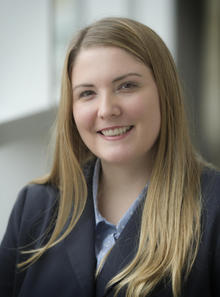Thursday, March 21, 2019 3:00 pm
-
3:00 pm
EDT (GMT -04:00)

Featuring:
Moira Glerum

Kesen Ma

Christina Smeaton
